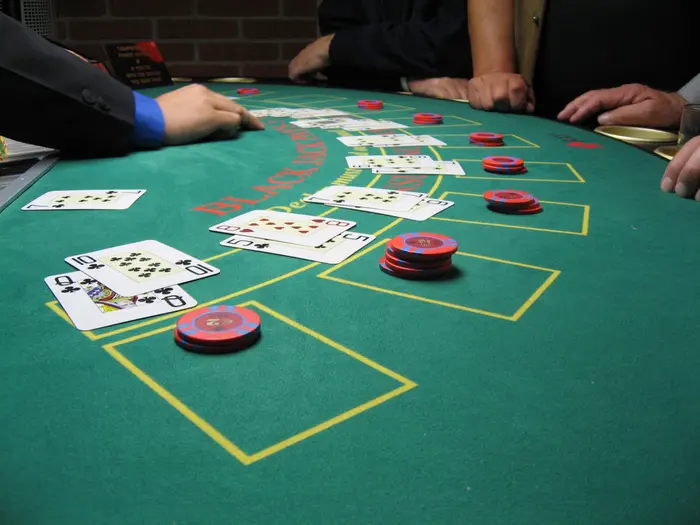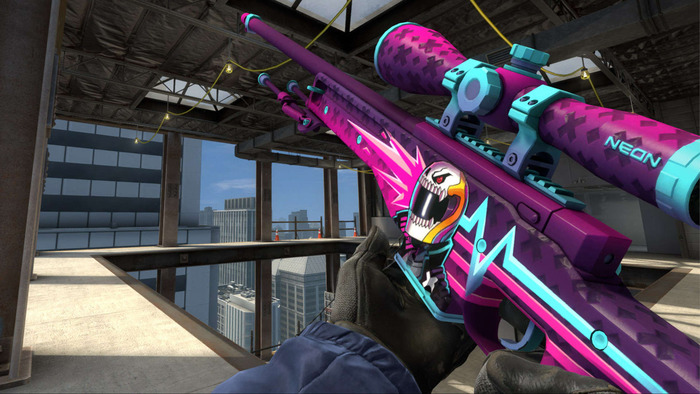Top 10 Gambling and Casino Scandals
Players are always looking for ways to boost their luck in the game. Attempts to minimize risk and maximize rewards can take many forms.
While some believe in strategies for their bets at non-GamStop casinos, others are not afraid to take risks and even rely on cheating at the game. Especially bold players have repeatedly caused a casino scandal.
But there are also scandals when betting on sports. We have compiled the top 10 casino scandals and scandals in poker and sports.
These Gambling Scandals Went Around the World
Gambling to gain an advantage over the best non GamStop casinos or other players is generally fraud. However, there are always cases of resourceful players who take advantage of legal advantages or have even negotiated special conditions with casinos. Other casino scandals, on the other hand, revolve around theft and manipulation.
1. The Tranby Croft Affair: The Royal Baccarat Scandal
The Royal Baccarat Scandal took place in the United Kingdom in 1891 at the Tranby Croft country estate, which is why the event is also known as the Tranby Croft Scandal or Affair.
Sir William Gordon-Cumming, a friend of Prince Albert Edward, Prince of Wales, has been charged with cheating at a baccarat game. This friendship with the later king turned the event into an explosive matter of public interest.
At a weekend party in Tranby Croft, British Army officer Sir William Gordon-Cumming took part in games of baccarat. Although cards were one of the Prince’s favorite games, baccarat was illegal in Britain at the time.
Gordon-Cumming has been accused by other players for several nights in a row of rigging his bets on the game after the cards were revealed. In the event of a win, he would secretly raise, while in the event of a loss, he would secretly remove chips, also known as ‘post betting’.
The incident became public, presumably under the influence of one of the prince’s gossipy mistresses, Lady Daisy Brook. Forced to defend his reputation, Gordon-Cumming sued his accusers for defamation.
Prince Eduard was forced to testify in court and admit his participation in an illegal gambling game.
Despite the nobleman’s benevolent testimony, Sir William Gordon-Cumming lost in court and was discharged from the army. Prince Eduard was attacked in the press for his involvement in gambling. He eventually gave up the game of baccarat and parted ways with Lady Daisy Brook.
2. The Black Sox Scandal: The 1919 World Series
One of the biggest sports scandals happened in 1919 in the United States in the final round of the Major League Baseball (MLB) baseball league. A player-bribery scandal overshadowed the 1919 World Series. In the finals, the Cincinnati Reds faced the Chicago White Sox and played a best-of-nine round that required five wins.
The Reds went into the round as easy favorites, but mafia boss Arnold Rothstein bet big on a team win.
He had bribed several Chicago White Sox players. The background was that the owner, Charles Comiskey, was considered notoriously stingy and caused the players to have financial difficulties. The player Chick Gandil had contacts with a bookmaker, who in turn was in contact with the mafia.
For a sum of $80,000, Gandil implicated other players in the bribery and even pushed the price of the manipulation up to $100,000. The White Sox would lose the Finals series.
The scam came out the following season. The guilty players were suspended and the team missed the playoffs. Mafia boss Arnold Rothstein blamed the bookmakers. The players were ultimately acquitted but had to retire.
The league convened an oversight to prevent further betting scandals. The Chicago White Sox was disbanded and the Black Sox nickname stuck. The author Eliot Asinof processed the subject in his book “Eight Men Out” in 1963, which was filmed in 1988 under the same title.
3. Donald Trump’s Taj Mahal Casino in Atlantic City
The Taj Mahal opened in Atlantic City in the US state in 1990 as the tallest building in New Jersey and at the time the largest casino in the world. The owner Donald Trump proclaimed the Taj Mahal the “eighth wonder of the world”.
Although the establishment contributed to around a third of Atlantic City’s gaming revenue, the Taj Mahal was already heavily in debt before it opened. The Taj Mahal was forced to close in 2016 after 26 years of operation. Including Trump Plaza, it was the fifth Atlantic City casino to close since 2014.
Trump had used risky loans to finance the casino. Despite high turnover, the income was not sufficient to be able to repay the interest. The Taj Mahal had to file for bankruptcy several times and was hit by staff strikes.
The casino faced federal investigations, including for fraudulent accounting and suspected money laundering.
4. The Bad Oeynhausen Casino: The WestLB Casino Scandal
In the WestLB casino in Bad Oeynhausen, employees stole large sums of money over the years. But managers also had to answer for fraud. Slot supervisors at the casino were frustrated by so-called shortfall payments.
Shortfall money refers to amounts that employees have to pay if the cash register is not right. The sums reduced their already low salary and so they made money bags with coins disappear in the 90s. But the sums steadily increased.
Theft became one of the biggest cases of fraud in German casinos. The “casino gang” eventually involved managers of the casino and even tax inspectors from the tax office in the gang theft. Lack of video surveillance and easy access to money eased conditions.
The culprits manipulated the money counters to make the amounts disappear. They tricked the financial regulator for six years and later bribed an inspector who was in the know. With fictitious player winnings, the fraudsters were later able to divert further large amounts from the money cycle.
In 1998, the 12-strong gang was busted and an inspector reported an incident to management. The management settled the matter internally and discreetly and initially carried out checks on the amounts.
They only filed a complaint later. The damage amounted to around 1.3 million German marks. In court, however, the casino not only demanded reimbursement of this sum but also a further 1.9 million Deutschmarks in expenses and costs, which lawyers criticized as questionably high. At the same time, the casino did not want to admit any security gaps.








